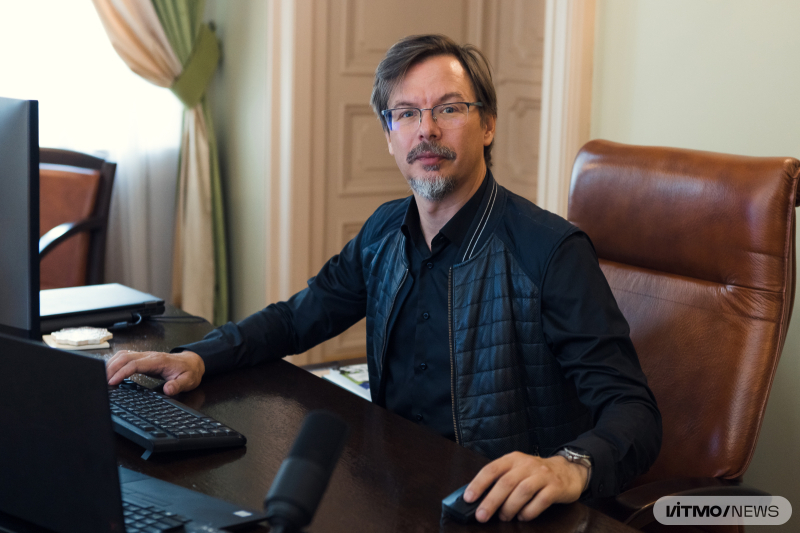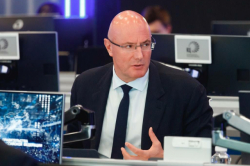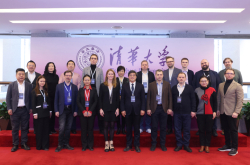“Nowadays, generative AI helps solve routine tasks; however, it can also be applied in more demanding research processes – including building and testing theories and hypotheses. Such AI applications will allow our country to establish a certain parity in science – we all understand that currently, both the US and China are ahead of Russia in the number of scientists due to demographics and other factors. We need to identify asymmetric solutions to this challenge, and one of them can be found in AI models that replicate scientific creativity,” said Alexander Boukhanovsky.
According to the expert, systems at the intersection of AI and mathematics are needed in research, but in order to close the gap between Russia and global leaders in neural networks development it is necessary to significantly amplify both computational resources and training datasets.
“We are among the leaders in terms of developing applied systems that fuse AI and mathematical methods; however, we are months behind global leaders in other fields of AI development. The reasons for this are not a lack of personnel or competence, but rather a lack of computational resources and datasets. This gap has to be closed so that the country can fully participate in the current “intelligence race” that has replaced the arms race of old,” added Prof. Boukhanovsky.
As part of the ongoing federal project Artificial Intelligence, ITMO has established the Research Center “Strong AI in Industry,” where scientists use generative AI to develop industrial management technologies. The university is also home to the National Center for Cognitive Research, which focuses on engineering and the implementation of AI in various subject fields.
ITMO.NEWS Editorial Team




